Have you ever wondered about the endless potential that fabric could bring to the table? With faith in these possibilities, Singapore-based industrial design studio Lanzavecchia + Wai exploited this very potential not only for its decorative and aesthetic characteristics but also by programming it as an intelligent material that can bring new functionalities to products and interiors, starting with their debut Space Series collection in 2010. In collaboration with Shima Seiki, a Japanese company leading in manufacturing and selling knitting machines and the innovator of WholeGarment technology, L+W presented the research project Soft Walls at TechTextil fair 2022 that took place in Germany, from 21 to 24 June 2022. “Soft Walls was not born as an object, a project for its own sake, but as an evolving system,” say Francesca Lanzavecchia and Hunn Wai, founders of L+W. “Thanks to its simplicity of assembly, the structure can always be repositioned and adapted for other contexts and can be implemented with additional panels and functions,” they add.
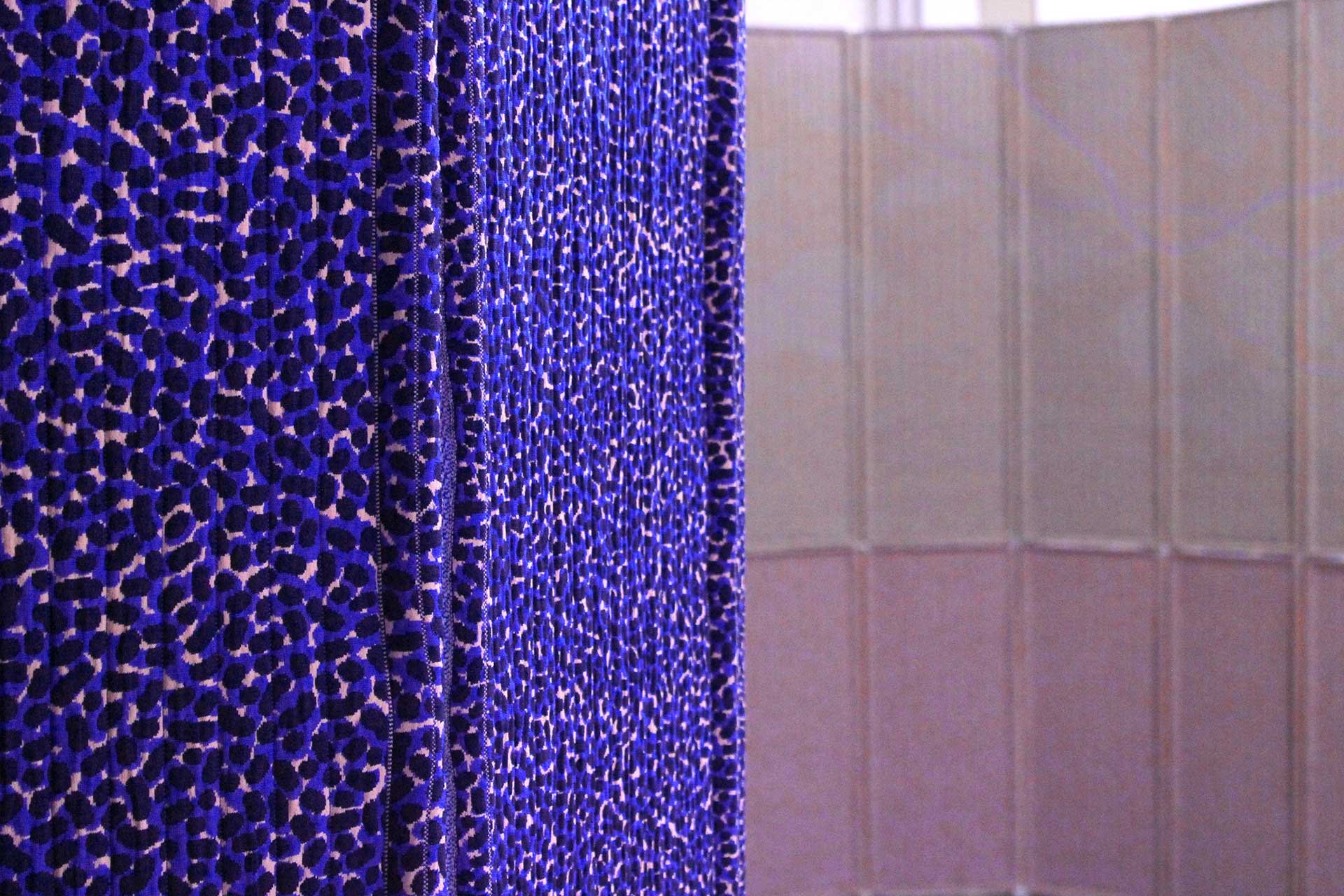
Since the groundbreaking inception of WholeGarment technology in the fashion world, Francesca has been fascinated by this production method. Intrigued by the possibility of creating objects with complex three-dimensional shapes and over-patterned works, L+W was excited by the idea of applying this production technology in the sphere of furniture and interior design with knitwear as the key element. Adorning Shima Seiki’s space, Soft Walls featured a modular system with partition walls with an aluminium structure that establishes an organic and light presence in the environment, making it functional and smart in tandem. The installation encompasses three functional islands within the Shima Seiki stand: Lounge, Office and Retail.
“The possibility to cover, without upholstery, complex and organic shapes such as the sofa and the ottomans can lead to a significant advantage in terms of costs and timing in the furniture sector,” the designers share. The small but functional lounge area housed a textile wall, a sofa and two pouffes clothed in fabrics made by Shima Seiki machines, with graphics drawing inspiration from Japanese Sakura blooms. The graphics mirrored the traditional wallpapers: in the upper section, a floral composition showcased branches that extended above the lounge area and stood out against a pointillist sky which, owing to the weaving, became three-dimensional and physical. Two pouffes and a sofa with their backrest integrated into the panel finish the look.
The second wall demarcated two areas with a double function: Office and Retail. The Shima Seiki technology allowed the designers to create two different graphics on the two sides of the panel using a sole textile panel. The Retail side displayed a showroom with a dedicated area for exhibiting products on mannequins and shelves anchored to the textile wall. The impactful, attention-grabbing contrasts were influenced by the realm of fashion. The office area, on the other hand, was conceived as a functional environment complete with a standing desk, functional pockets and a privacy screen. The simple geometric graphics create a dynamic but calming environment achieved by using soft hues and minimum contrasts.
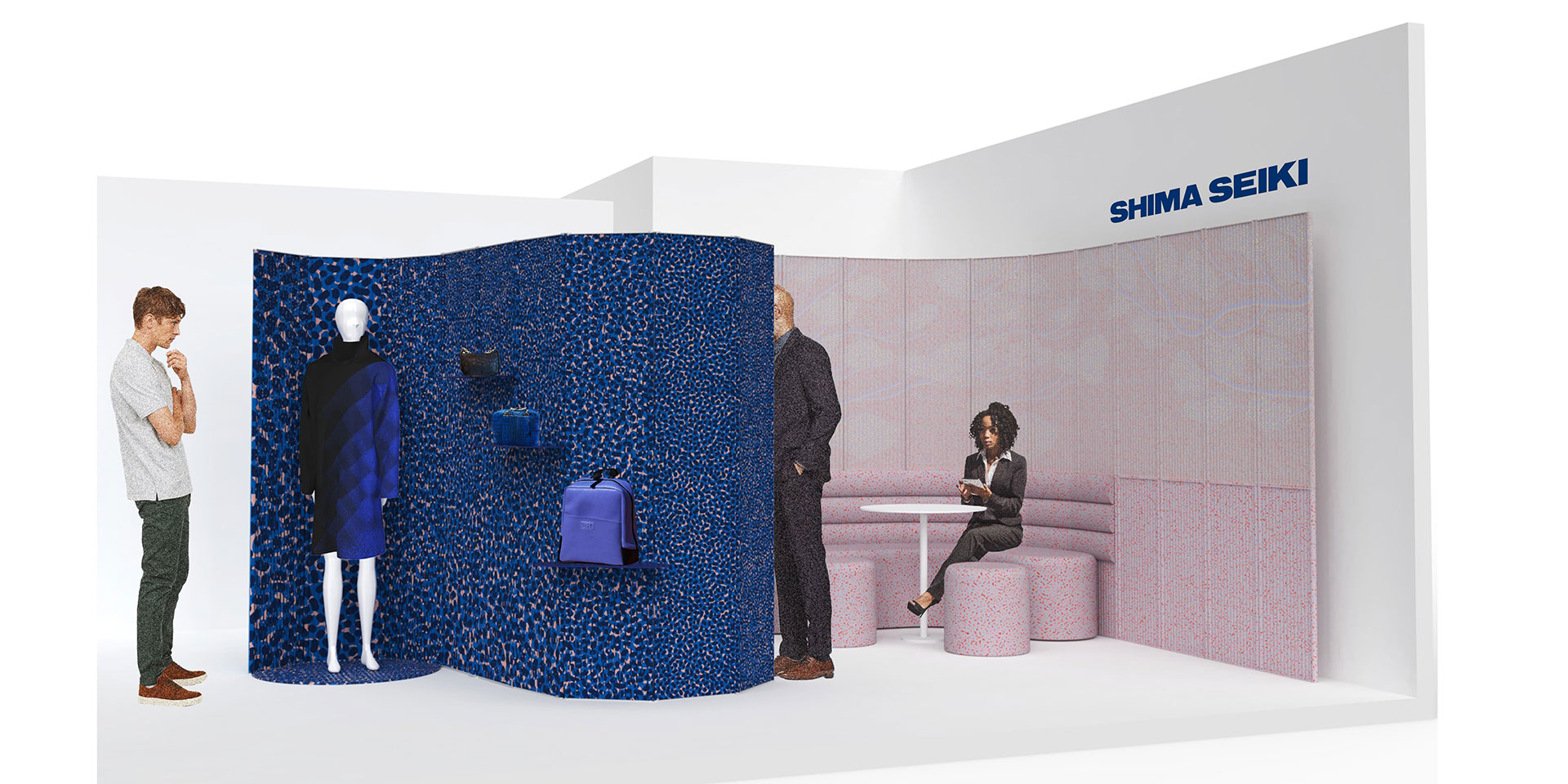
“It was surprising to discover how, thanks to the Shima Seiki machines and a dedicated technician, it was possible to create a series of finished textile elements so quickly,” the designers mention. “Furthermore, it can drastically change its appearance by being covered with different fabrics, colours, patterns and padding,” they add. Customised and customisable, Soft Walls celebrated the infinite capabilities of furniture companies and the innovation of Shima Seiki. It can become a room within a room or a scenography for other objects, amalgamating function, aesthetics and impact.






 Sign in with email
Sign in with email


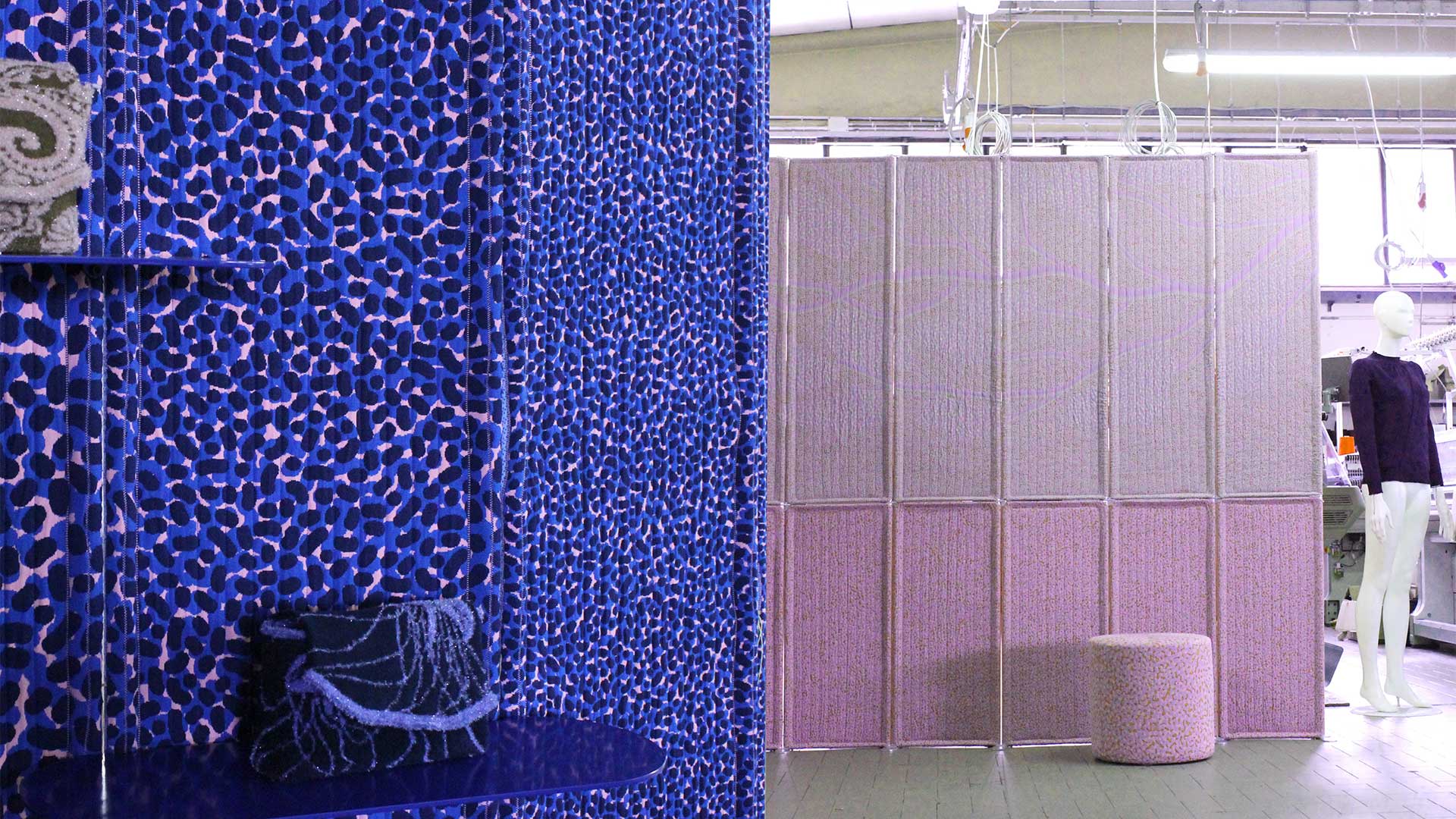
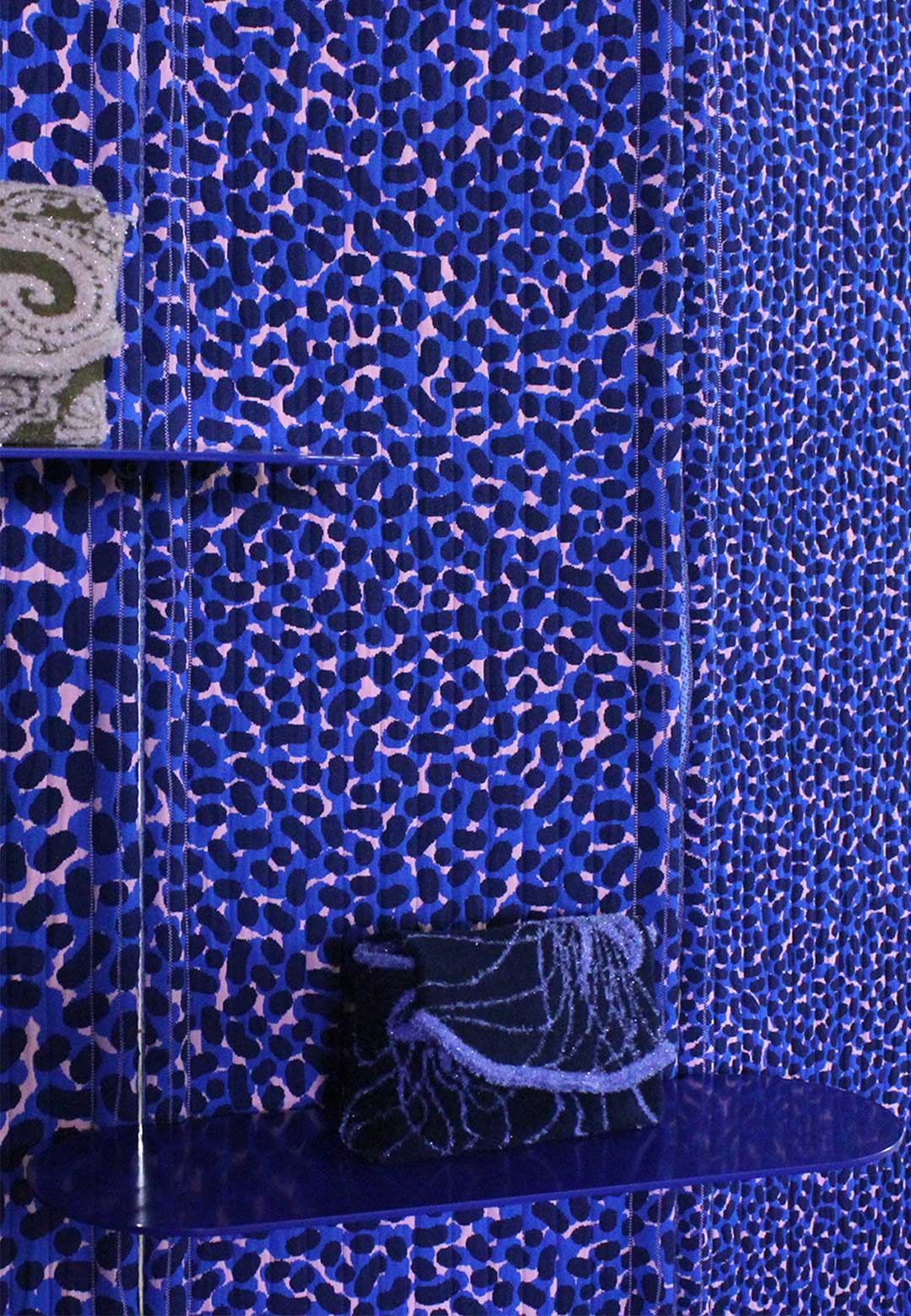
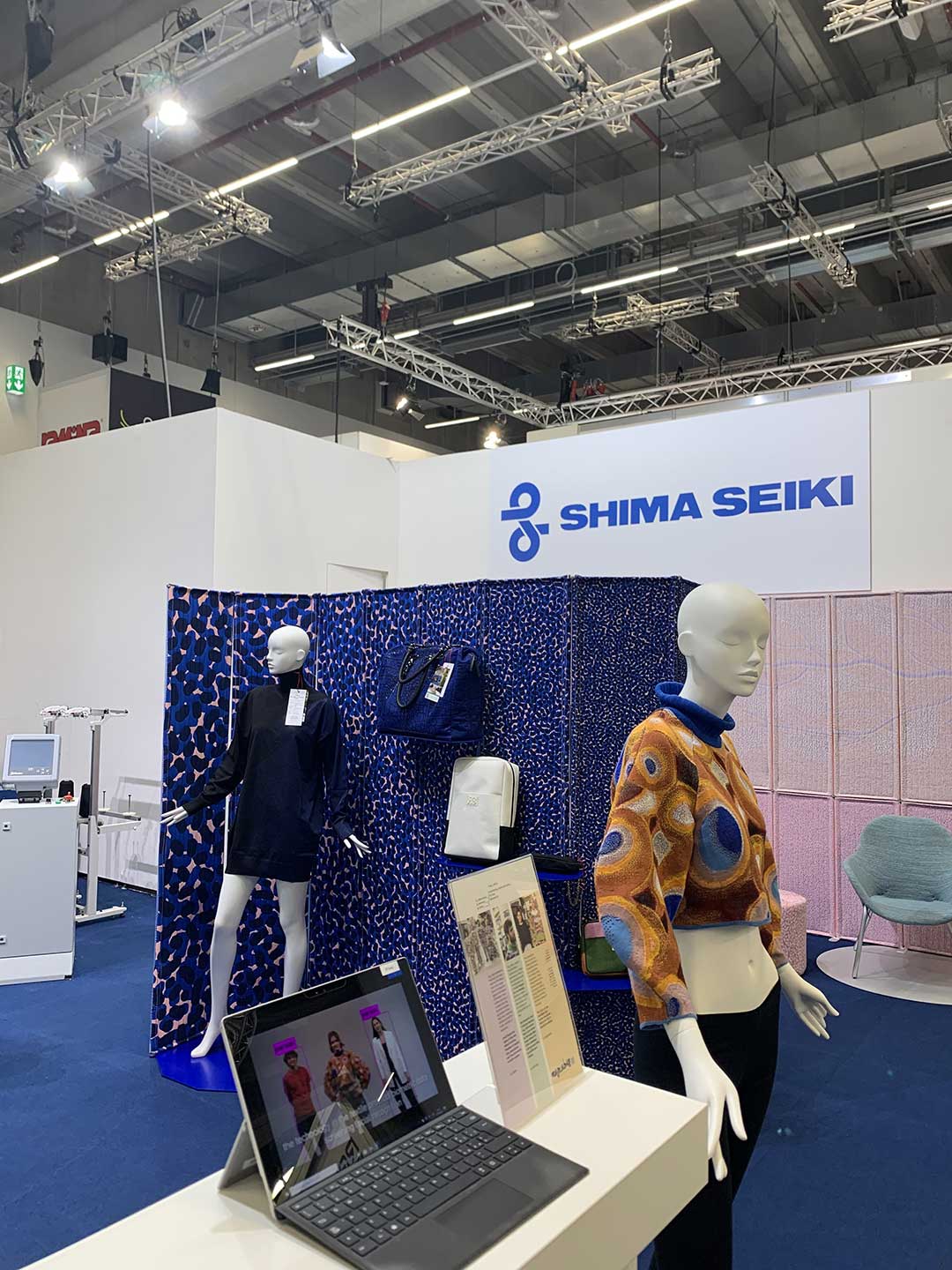
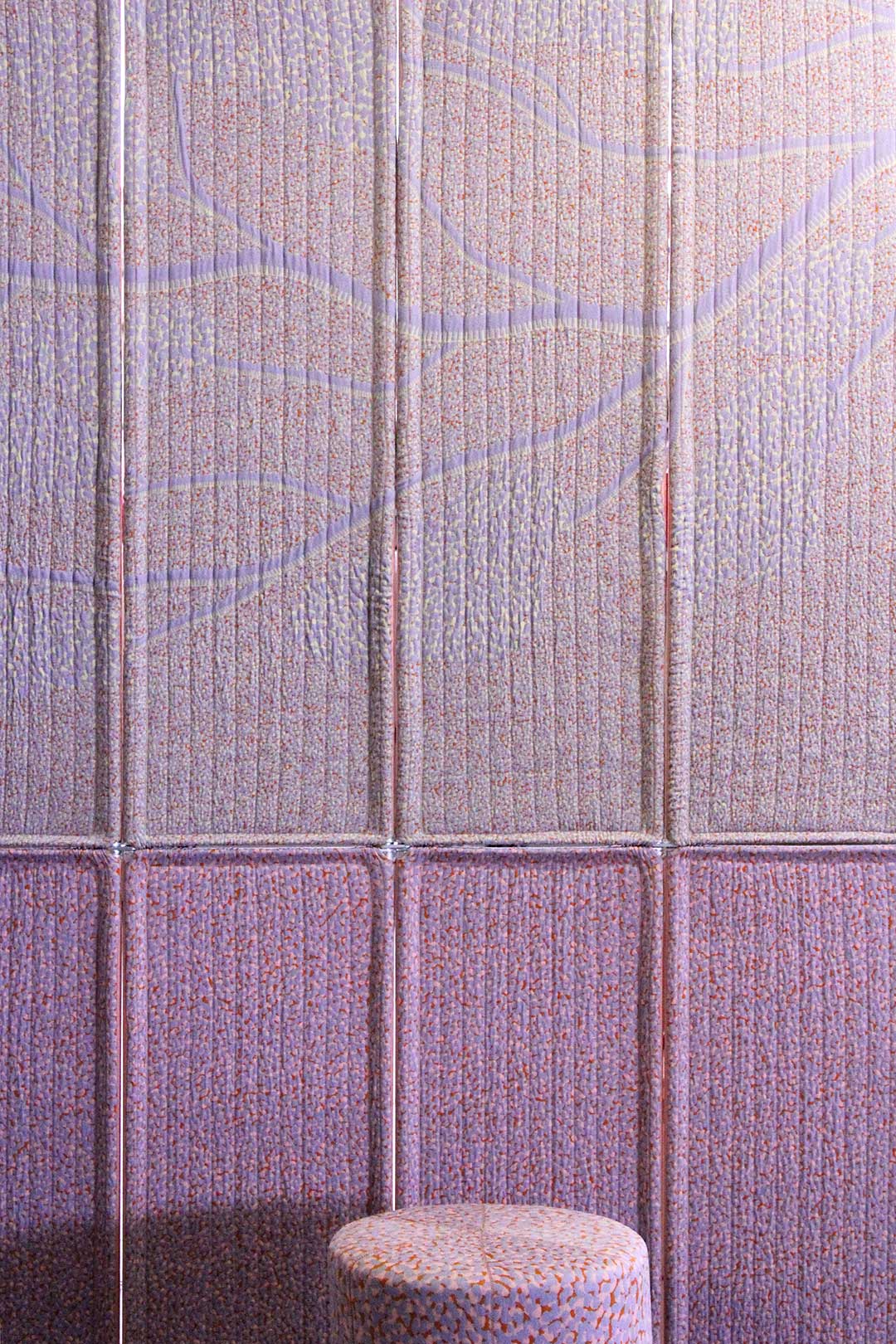
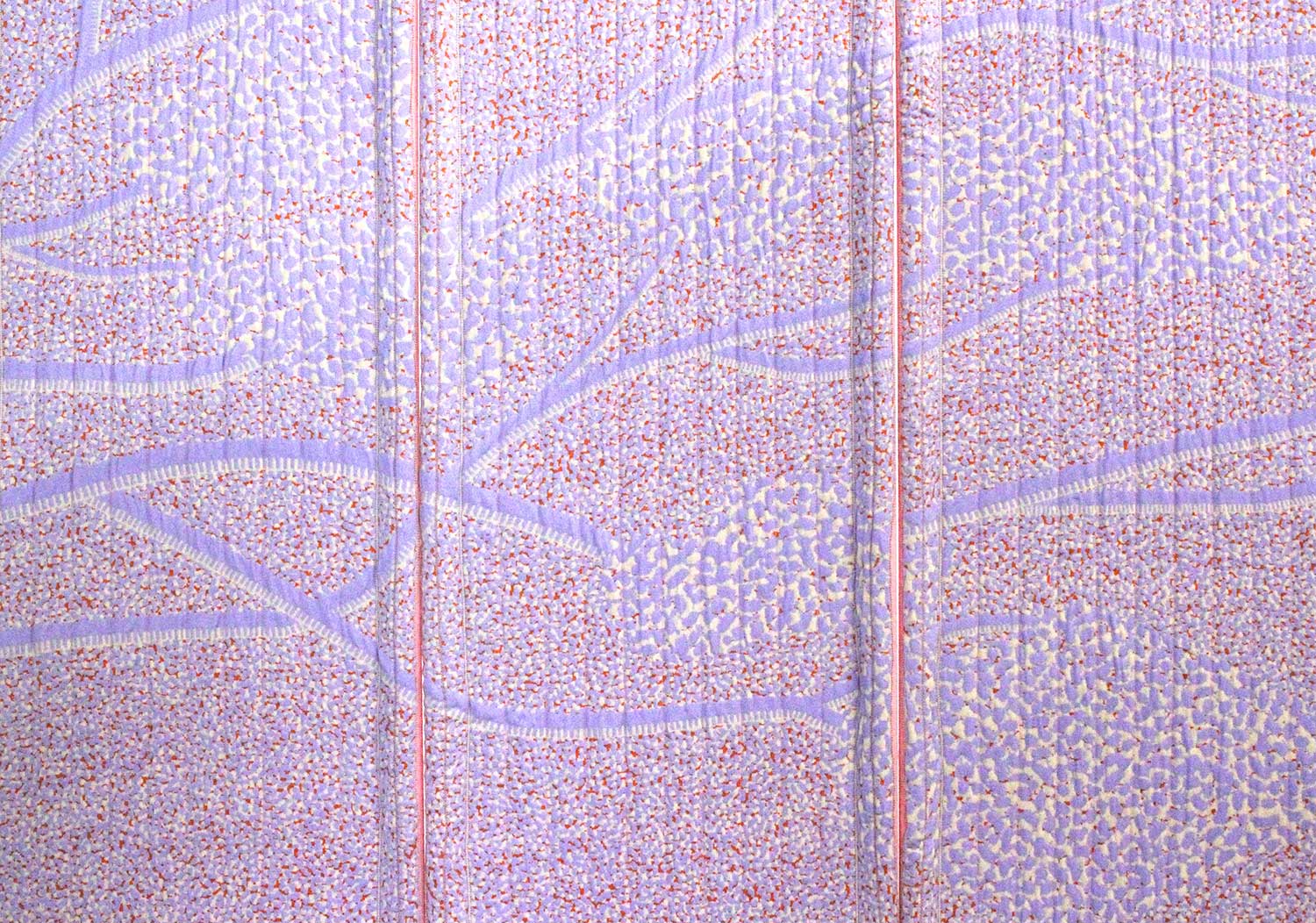
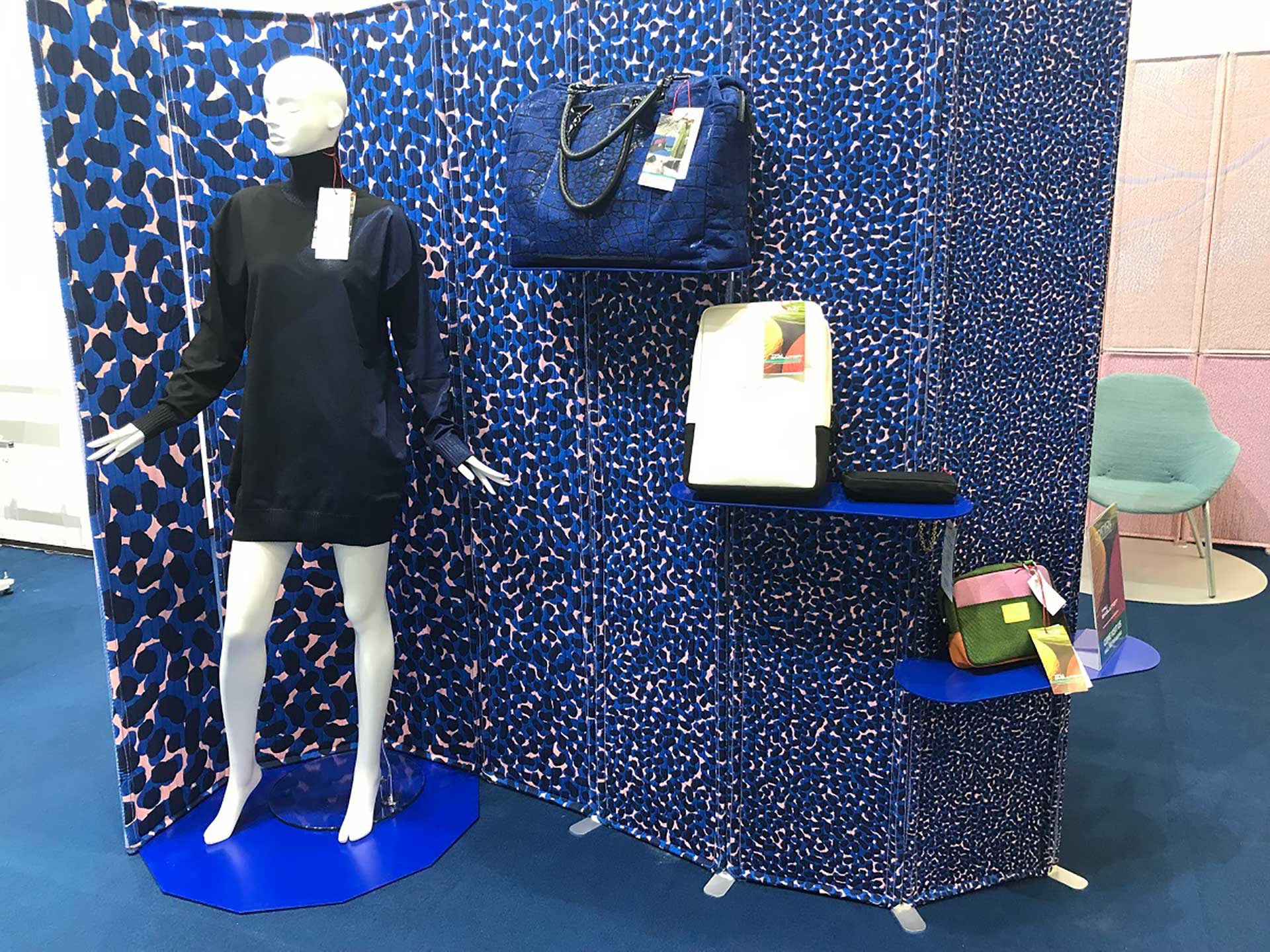
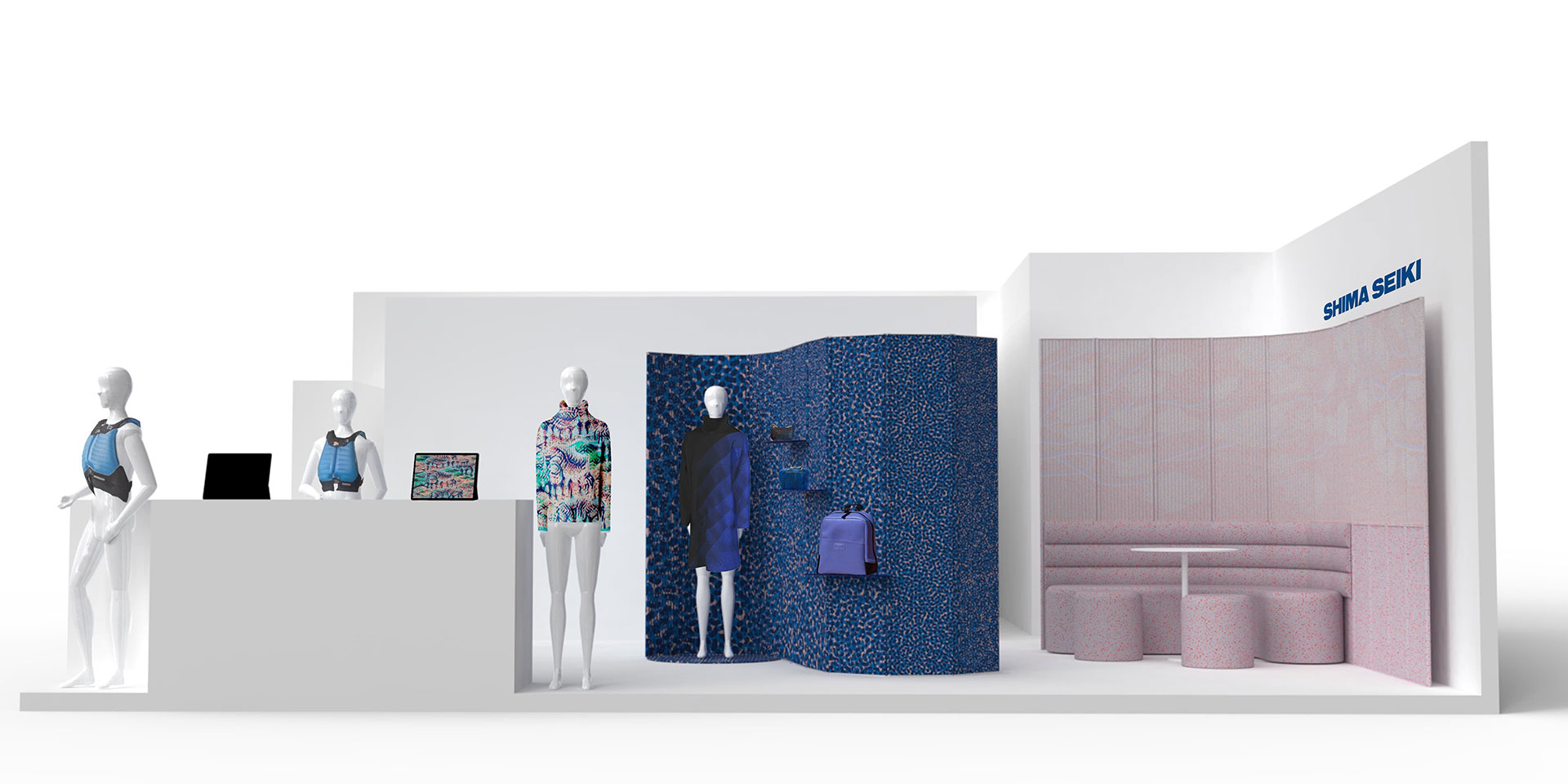






What do you think?